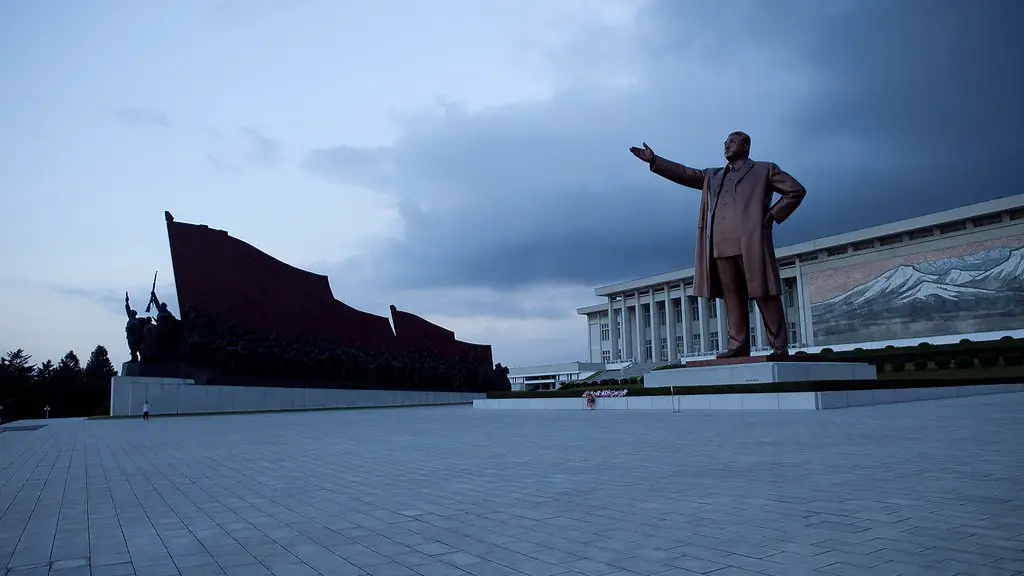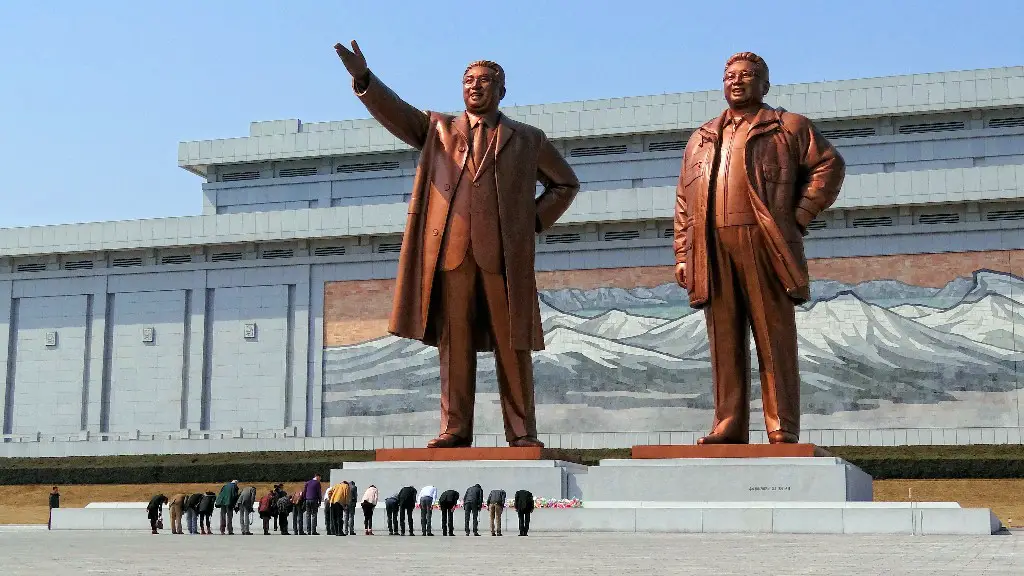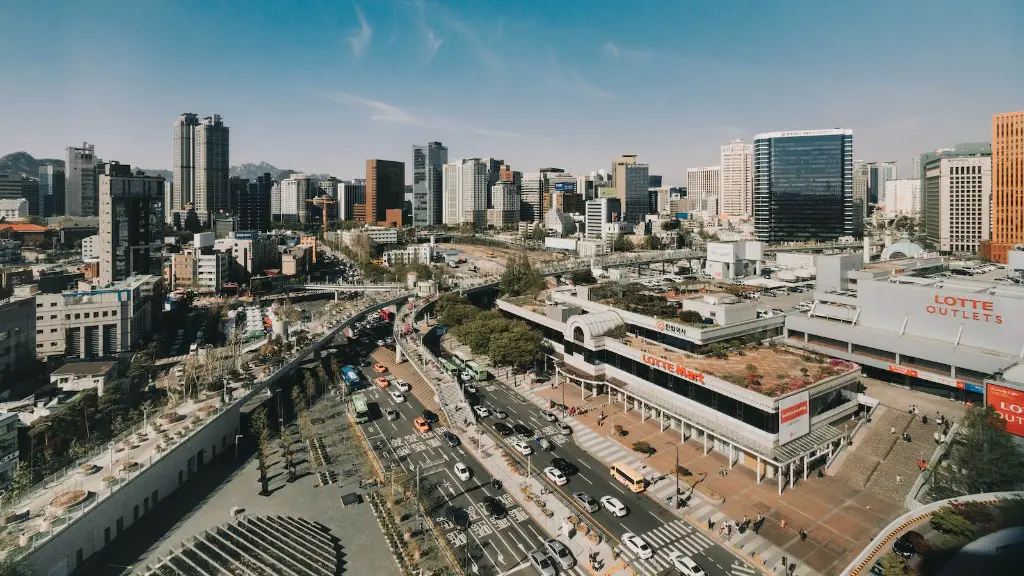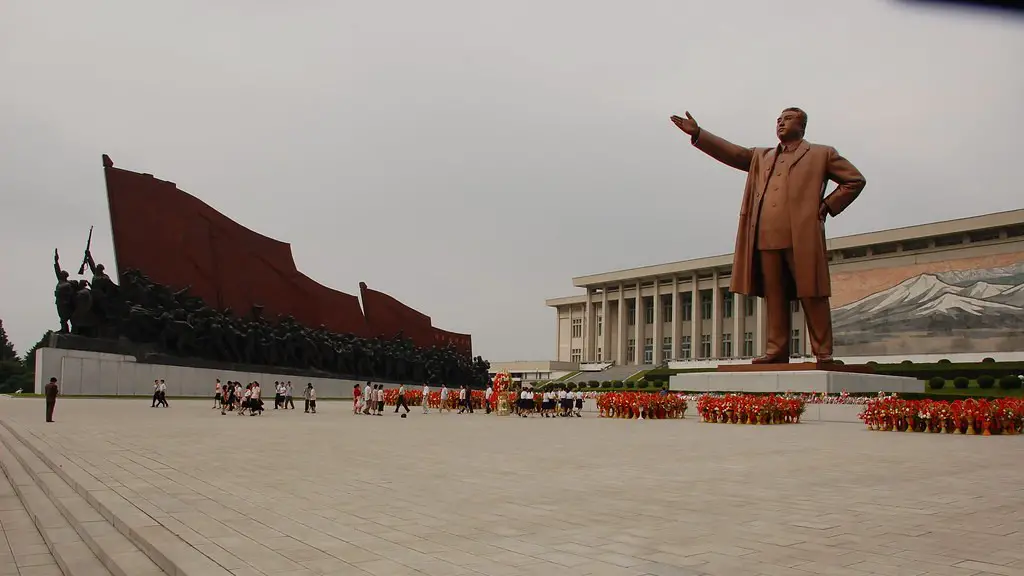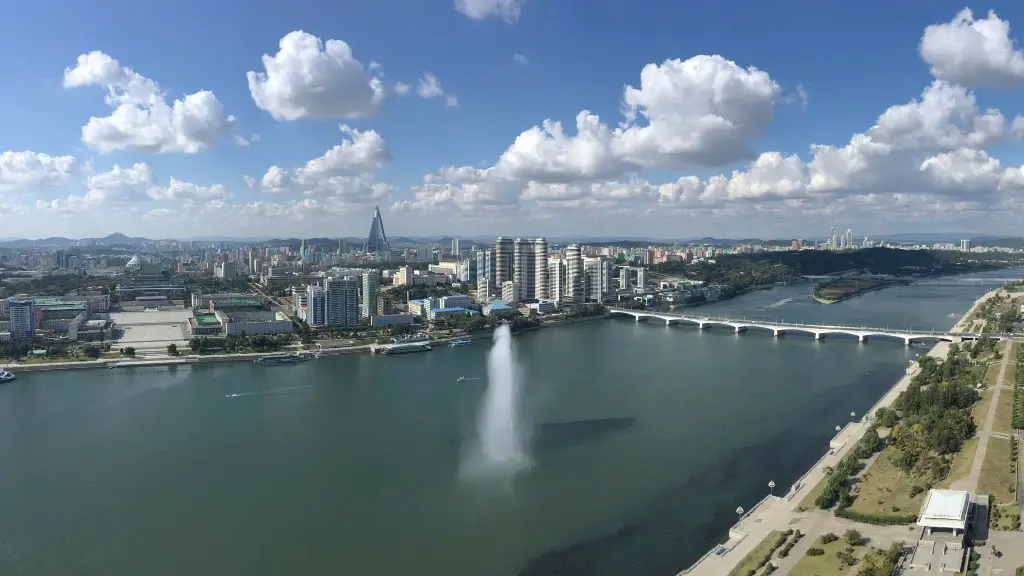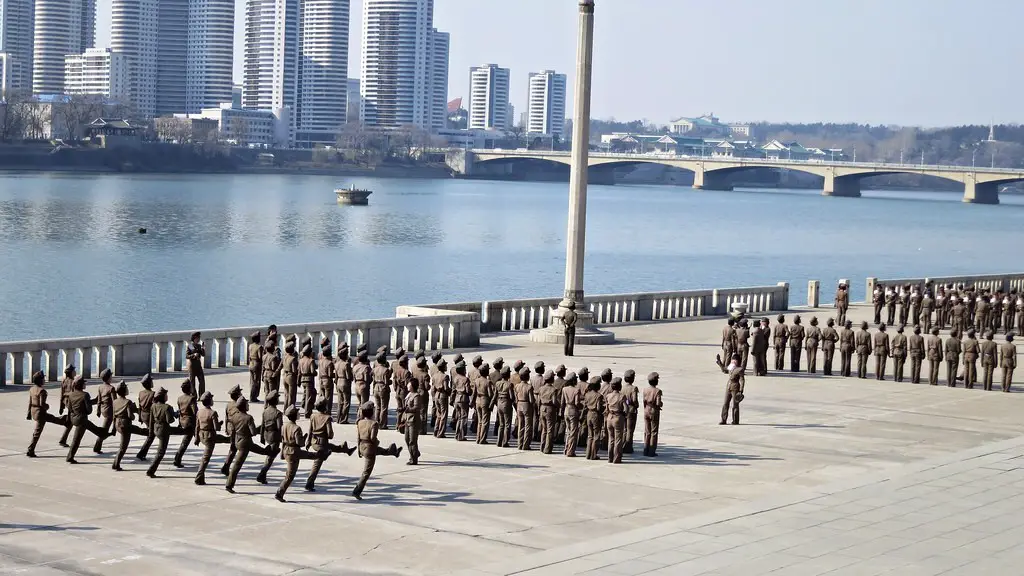Every year, thousands of North Koreans risk their lives attempting to flee their country and seek refuge in neighboring countries. Those who are caught are sent to prison camps and/or executed. But what drives these people to such drastic measures? What motivates them to seek danger, imprisonment and possibly death in order to escape the horrors of life in North Korea?
Reasons vary from individual to individual, but most commonly cited motivations are a result of the dire economic, political and social conditions of the Democratic People’s Republic of Korea (DPRK) – commonly referred to as North Korea.
Food scarcity is one of the biggest factors driving North Koreans out of their country, as the UN estimates that more than 10 million people don’t have enough food to meet their daily needs. These shortages are a consequence of lack of water and arable land, inefficient farming practices, inadequate mechanization and a lack of integration with the world market.
The wealth gap between North Koreans and South Koreans is also a motivating factor. A small number of elites in North Korea are provided with luxuries, while the majority of the population lives in poverty. This blatant inequality further incentivizes those with the means to seek out a better living standard elsewhere.
Another factor linked to economic hardship in North Korea is the existence of an illegal trading system, known as the “Donju” or “new rich” class. This is an informal market of small business owners and entrepreneurs that have been operating since the 1990’s in response to economic collapse.
Finally, political repression is another factor causing concern in North Korea. The country is known for its rigid control of its citizens, who are often subjected to harsh punishment and limited contact with the outside world. This further incentivizes North Koreans to take whatever escape route they can find.
Who has escaped North Korea
In spite of the many risks associated with attempting to escape North Korea, thousands of people have successfully made the journey to freedom. Most successful escapees make their bids for freedom from China, as this is the only country that borders with North Korea. After making it across the border, North Koreans must make their way to a safe third country, often with the assistance of the local Chinese community and South Korean government.
Some North Korean refugees are able to escape to South Korea with the help of brokers, who can assist with smuggling people out of China in exchange for a hefty fee. Others have traveled as far as Mongolia and Thailand. In recent years, more and more reports of successful escapes have been emerging from Southeast Asia, where defection brokers have been connecting North Korean refugees with resettlement or asylum opportunities in the West.
The most successful escapees are those who have managed to make it to South Korea, or have managed to pass themselves off as Chinese citizens. An increasing number of people, including high-ranking defectors and even military personnel, have been making their way to the South, often to join family members who have already managed to escape.
Challenges faced by North Korean escapees
For those who escape, the journey is often fraught with peril, and the journey is often physically and mentally grueling. The North Korean border patrol can be very strict and ruthless, and it is not uncommon for escapees to be subjected to torture if they are caught.
For those that do manage to make it across the border, there is still the challenge of assimilating into South Korean culture. North Koreans are often viewed as outsiders and many struggle to fit in, having been subjected to a different set of cultural norms and values.
Furthermore, economic hardships can be very difficult for North Korean refugees. Many don’t have the resources or the qualifications needed to find employment, which can lead to a cycle of poverty and debt.
Medical care can also be a major issue, as many refugees come from impoverished backgrounds and may not have access to appropriate healthcare. A lack of proper nutrition and sanitation can also lead to a range of health issues.
Government policies towards North Korean escapees
The South Korean government has implemented a number of programs to assist North Korean refugees, including free job training, free food and health services, housing subsidies and even financial assistance programs. These programs are aimed at helping North Korean refugees learn marketable skills and transition into South Korean society.
The government has also implemented a “warm-hearted policy”, which is aimed at preventing mistreatment of North Korean refugees. This policy involves providing psychological and emotional support to escapees as well as helping refugees to adjust to their new lives in South Korea.
In addition, the South Korean government is also working with North Korean defectors to increase their visibility and raise awareness of their situation. This includes hosting special events and providing financial assistance for defectors to attend lectures and conferences on North Korean issues.
Role of NGOs and activists in helping North Korean escapees
In addition to government policies, non-profits and activist organizations play a crucial role in helping North Korean refugees. These organizations often provide legal advice and also provide assistance with housing, employment, education and healthcare.
The South Korean government has been working closely with these organizations to assist North Korean escapees, and the organizations have had some successes in helping these refugees re-settle and begin a new life in South Korea.
These NGOs and activists also serve as advocates for North Korean refugees, raising awareness of the conditions in the country, and pushing for greater recognition and acceptance of North Koreans in South Korea.
How the international community is helping North Korean escapees
The international community has also played a role in assisting North Korean refugees. This includes providing humanitarian aid, offering help with settlement and resettlement, and advocating for greater protections for North Korean refugees.
Organizations such as the United Nations High Commissioner for Refugees (UNHCR) and the International Rescue Committee (IRC) are working to provide North Koreans with safe and legal pathways out of the country, as well as assistance with reuniting North Korean refugees with family members in South Korea and other countries.
The United States government has also provided assistance to North Korean refugees, offering them asylum and helping them with resettlement. The United States has also been vocal in its criticism of the North Korean government and its human rights abuses, and is increasingly focused on providing assistance to the North Korean people.
Conclusion
North Korean refugees have been facing many difficulties as they attempt to escape the country and build a new life. However, there are a growing number of organizations and individuals who are working to provide assistance to North Korean refugees, in an effort to help these individuals have better lives and create a brighter future for themselves and their families.
